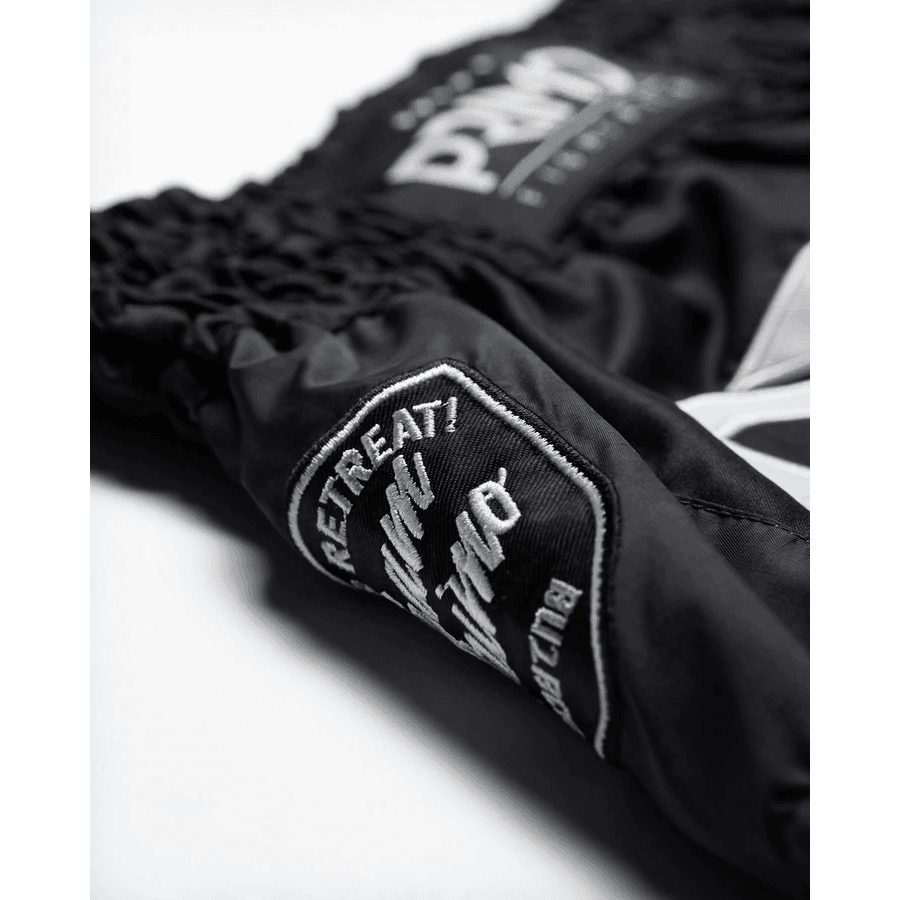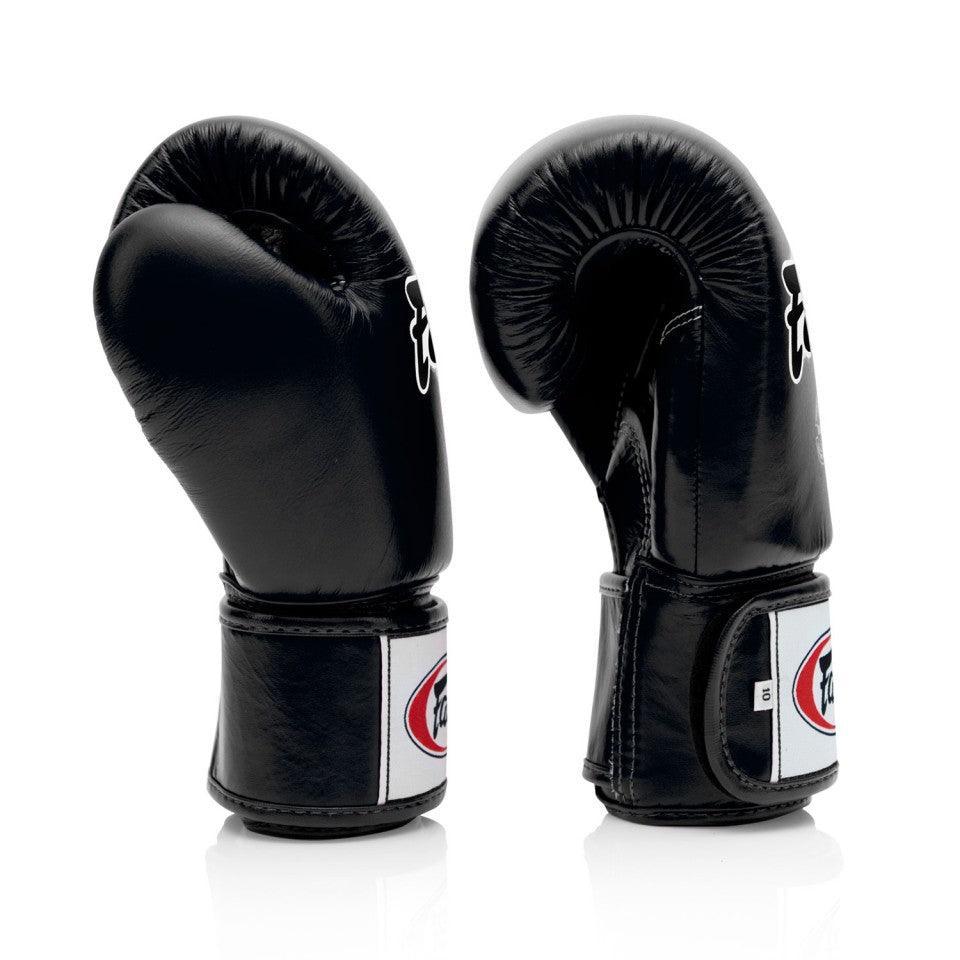Be Aware
Every gym has it's own culture
It's only when you've trained at various gyms do you come to realise how different each gym can be. It's not merely about the equipment, setting and training regime but also the vibe, the people and the coach's approach. The latter three points all heavily influence a gym's culture – it's ideas, customs, and social behaviour. It's worthwhile observing a class before joining a gym so you can analyse the way people behave, how the coach talks to their students and how people treat one another and the equipment. This will give you a solid insight into the gym's culture and you can quickly identify some practices which you may not be comfortable with. For example, some gyms (stupidly) encourage students to spar unnecessarily hard every sparring session. This simply results in injury and a highly aggressive culture – something you may or may not want to be a part of.
Analyse the culture and learn the various factors and practices which it consists of. You can then embrace and adopt them, helping you position yourself as a considerate student.

The coaches may not be accommodating/may not take notice
It's unfortunate but not all coaches care about their students, some are simply there for the money or will focus only on their fighters. You may need to be an absolute beginner or someone with significant experience to get on a coach's radar. You may even have to gain their respect by showing that you can keep up and put in the hard work the right way. For many people, this is fine as they rely on their partners to drive them forward in training and then consult their coach on specific topics/questions/concerns.
This isn't always the case but it can be common in some countries. That said, you can still gain the coach's respect through hard work and consistency. Doing so will natural bring the attention and respect of fellow students too as they will recognise the attention coach then pays to you.
There will be students who want to prove themselves against you
This typically isn't applicable to beginners but is often the case if you have some decent experience and join a new gym. The sounds the Thai pads make when you strike will catch the ears of some students who like to test newcomers. It's somewhat human nature for people (especially men) to become territorial and want to defend their position. Given the type of environment a combat sports gym is, this makes it ripe for some people to become territorial.
It's natural and although it won't be the case in every gym, it's definitely not uncommon. You can easily avoid these people but, if you do have experience, it's likely you'll get partnered together in sparring sooner or later – either by their efforts or thanks to your coach. Don't let emotions get involved in such scenarios. Stick to your techniques and learn, it's the best way to get the respect.
Classes for Different Skill Levels
When joining a new Muay Thai gym, understanding that classes cater to various skill levels is essential. This diversity allows beginners and advanced practitioners to train effectively. Novices benefit from foundational techniques, while experienced individuals can refine their skills with complex drills. By participating in appropriate classes, you can progress steadily and avoid feeling overwhelmed or unchallenged. This structured approach ensures that everyone, regardless of their fight experience, fitness level, or goals, receives personalized training suited to their proficiency, maximizing their potential growth within the gym environment.
Sparring can be rough at first
This is directly related to the point above but also encapsulates the fact that some people enjoy beating on newcomers who spar simply because it's almost unwritten tradition. Think of it like when you join any new club or workplace, people will want to see what you're made of in some shape or form.
This isn't anything to be afraid of or to avoid. It's just the case that sparring can be a bit rough and can escalate quickly until your new partners recognise your abilities and you align on pace and power. Although, you should be mindful that there may be that one individual who likes to really try and beat down newcomers, especially those who are experienced and can handle themselves. Stand up to them to gain their respect. Also make sure that you have a full set of protective equipment for sparring, as you don't want your new gym partners to have to accomodate you because you don't have a mouthguard or shin guards, for example.

Tips
Be respectful at all times
In order to get respect, you need to pay respect. Do so at all times and treat people, equipment, the gym and your coach how you'd like to be treated. You can very quickly offend your coach and fellow students by being disrespectful to people or equipment. For example, refusing to help clean at the end of a session can go down like a lead balloon. Furthermore, it can be extremely disrespectful to throw your equipment (especially gloves) in some gyms (this is certainly the case across Thailand).
Take note of how people speak to one another and treat their coach. Copy the positive aspects and avoid the negative. Embrace any traditions (such as bowing or shaking everyone's hand at the end of a session). Also, make the effort to learn the gym's rules. Ask for more information if you need but ensure you stick to them.
Prove yourself through your actions
Actions speak louder than words and this is incredibly relevant in a Muay Thai gym setting. The way you behave and carry yourself tells people more about you than anything you may say. This is especially pertinent when there's a language barrier at a gym. Therefore, behave in a respectful way and allow your skills, experience and efficiency to speak for you. If you're experienced, it won't take long for your skill to shine and catch the attention of your new coach and fellow students. They'll then develop a level of respect for you and some will become excited by the opportunity to learn from you, as you prove yourself through your actions and dedication to the sport. If you're new, humbly ask for advice and show that you're listening and eager by following through and exerting the effort needed to succeed. As a new student, it is also important to show respect to your trainers, or "Krus,". Some of which may be highly respected and trusted in the Muay Thai community. Trust in their guidance and advice, and always give 100% effort in your training.
This point can't be overemphasised. Positive actions executed with good intent will help you get a high-level of respect in any gym. Probably more so than anything else.

Lose any ego
People who talk a lot and try to satisfy their ego by spewing their accomplishments to anyone that will listen won't gain the level of respect from their coach and fellow students which you should aspire to. Be humble and modest. Praise others. Never convince yourself that you know everything.
Having an ego and making it clear is potentially dangerous in a Muay Thai gym, not only for your mentality but also physically. For example, if you have an ego and are convinced of your supposed superiority, you'll have a hard time dealing with the inevitable beat-downs everyone gets in sparring from time-to-time. Furthermore, having an ego often leads you to believe you're better than you are, so you could willingly spar with people far better than you and get hurt (especially if they want to put you in your place). Touting any ego will also draw attention to yourself and there will be people in the gym who will actively seek you out in sparring to hurt you and enforce some humility – it sounds cruel but it's true.
Keep any ego outside the gym and always maintain a “I don't know everything but I'm willing and able to learn” attitude. This attitude will help you gain respect from your peers.
Read the room
You never know what has recently happened at a gym that will influence the atmosphere and the emotions that run through it. Be careful to observe students, their behaviour and how they interact with their coach and vice-versa, as there could have been some sort of event or occurrence which has instilled an imbalance that you should be aware of.
Taking time to analyse your surroundings in this way also helps you identify, as mentioned above, any traditions, behaviours and nuances in the gym which you'll need to adopt or reject in order to gain respect.
Be friendly & polite
This should really go without saying. However, it's a very important point to raise as some students may not be friendly and polite to you and, if there's a language barrier, it can be difficult to know if people are making an effort to be so. Therefore, make it a default setting to be friendly and polite to all those you encounter in the gym, from the receptionist, fellow students, your coach (most obviously) and any cleaners. Abraham Lincoln once said: "It is an old and true maxim that ‘a drop of honey catches more flies than a gallon of gall.’”
That's not to say you need to make friends with everyone at a Muay Thai gym but being friendly and polite goes a long way. Although it's certainly worthwhile making a few friends as, at the least, they'll drive you to be your best self at training.
FAQS
How do you choose the right Muay Thai gym for your needs?
Choosing the right Muay Thai gym for your needs involves considering several factors:
1. Location - Choose a gym that is conveniently located and easy for you to access regularly.
2. Instructors - Look for experienced and qualified instructors who can provide proper guidance and training.
3. Facilities - Check the gym's facilities and equipment to ensure they meet your needs and standards.
4. Class Schedule - Make sure the class schedule aligns with your availability and trainin goals.
5. Training Atmosphere - Visit the gym to get a feel for the training atmosphere and see if it suits your preferences. Avoid toxic environments.
6. Cost - Consider the membership fees and any additional costs to ensure it fits within your budget.
7. Reputation - Research reviews and testimonials about the gym to gauge its reputation in the Muay Thai community.
By evaluating these factors, you can choose a Muay Thai gym that meets your needs and helps you achieve your fitness goals effectively.
What makes a Muay Thai coach a good fit for me?
1. Experience - Look for an instructor with a solid background in Muay Thai training and preferably with a history of competitive fighting.
2. Teaching Style - Find an instructor whose teaching style aligns with your learning preferences and goals.
3. Communication Skills - A good instructor should be able to effectively communicate techniques and provide feedback to help you improve.
4. Safety Measures - Ensure the instructor prioritizes safety during training sessions and provides guidance on proper techniques to prevent injuries.
5. Passion and Dedication - Choose an instructor who is passionate about Muay Thai and dedicated to helping students progress and achieve their goals.
6. Positive Reviews - Check for reviews or testimonials from current or past students to gauge the instructor's reputation and teaching effectiveness.
By considering these factors, you can find a qualified and suitable Muay Thai gym instructor to enhance your training experience.












